News ·
What we’re doing to save our Reef and how you can help
This World Ocean Day, we’re proud to celebrate the crucial work we – and many others around the world – are doing to protect our Reef and its marine life.
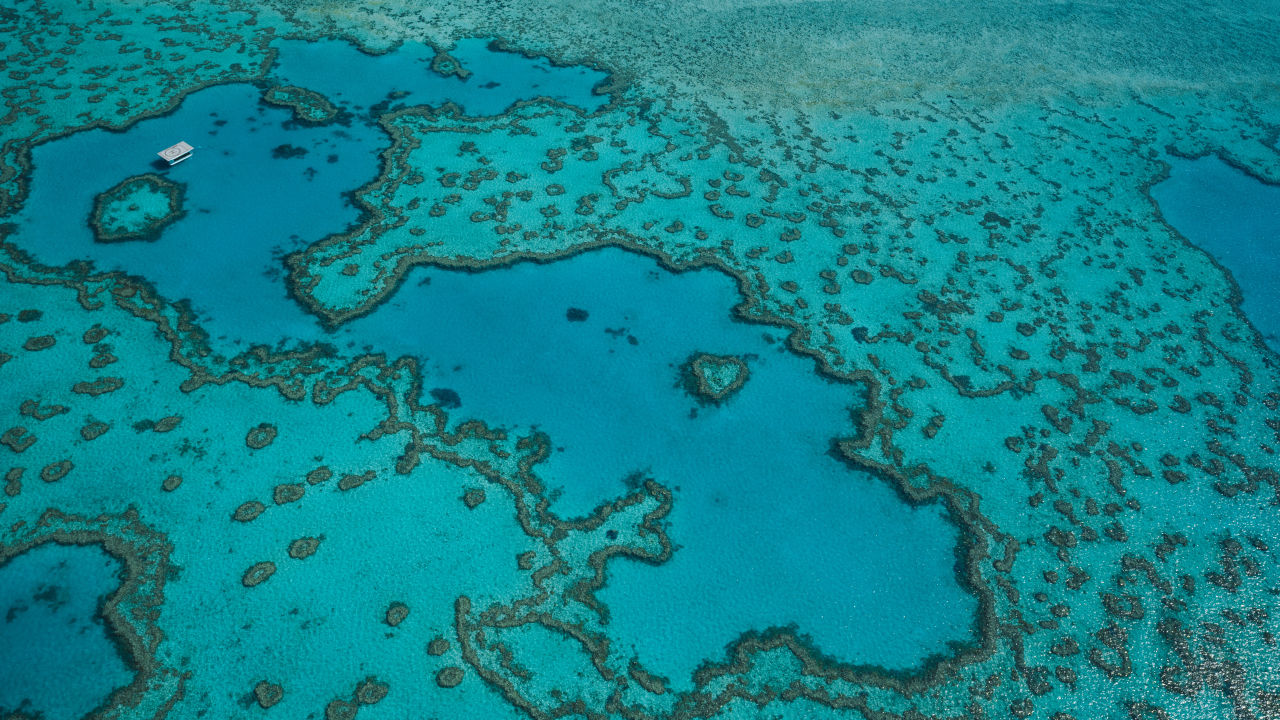
The Great Barrier Reef is an irreplaceable ecosystem, home to thousands of species of marine life including fish, dolphins and six of the world’s seven species of marine turtle.
But our Reef and coral reefs around the world are facing a growing combination of threats. Climate change and rising water temperatures, poor water quality from sediment run-off and pollution, as well as more severe cyclones and crown-of-thorns starfish outbreaks, are just some of the threats creating a perfect storm for our Reef and the marine life that depend on it.
Saving our Reef is a huge task, but there’s hope.
Right now, we’re bringing together people and science to deliver the world’s largest coral reefs program and more than 100 Reef-saving projects.
Here are just a few of the world-leading projects we have underway right now.
Restoring reefs with Coral IVF
Corals spawn just once a year and many of the resulting embryos die before they settle onto reefs. During annual spawning events, our researchers capture millions of coral eggs and sperm and rear baby corals in specially-designed floating pools on the Reef and in tanks. When they are ready, we deliver them onto damaged reefs to restore and repopulate them.
This technique was first trialled on the Great Barrier Reef in 2016 and is already producing exceptional results. The baby corals from the first trial have already grown to dinner plate-size and we expect they will spawn this year, helping to boost the population further.
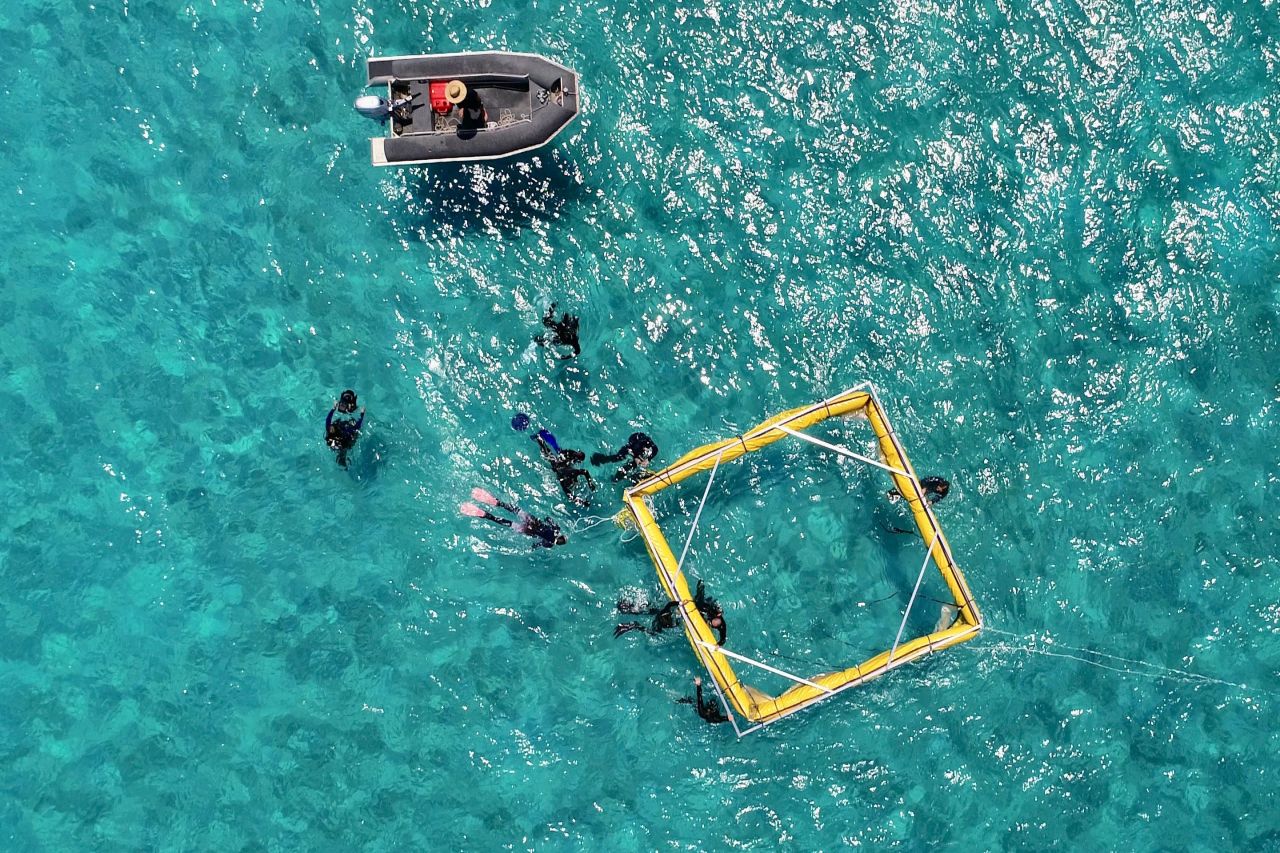
Biopixel
Creating a coral bank to restore our Reef
Preserving the genetic biodiversity of our Reef’s corals is critical, particularly as the effects of climate change continue to threaten the survival of our Reef.
Together with our partners, we’re working hard to collect, analyse and freeze the sperm and eggs of key coral species, so that later we can thaw them, grow baby corals and transplant them back on our Reef to restore and repopulate it.
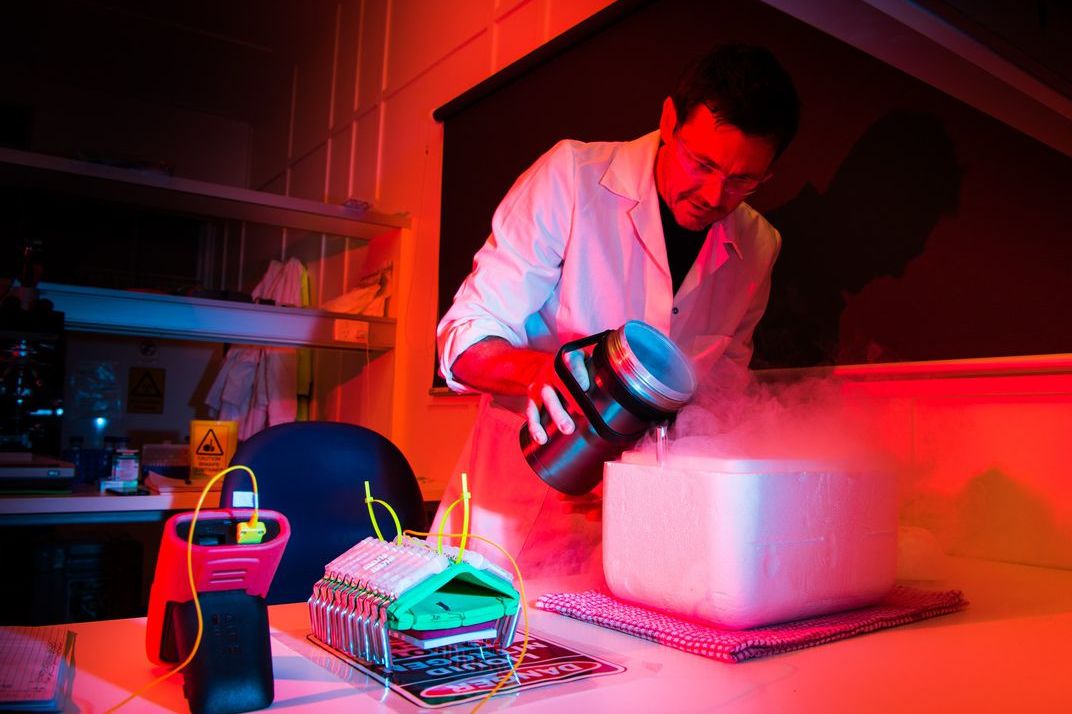
Gary Cranitch
Improving water quality on our Reef
Landholders within Reef catchments play a crucial role in Reef health. Improving the quality of water entering our Reef from inland and coastal rivers systems is one of the biggest impacts we can make locally for the health of our Reef.
Right now, our 10 regional water quality programs are reducing the amount of nitrogen, sediment and pesticides reaching our Reef from priority catchments by restoring catchments and improving farming and land management practices.
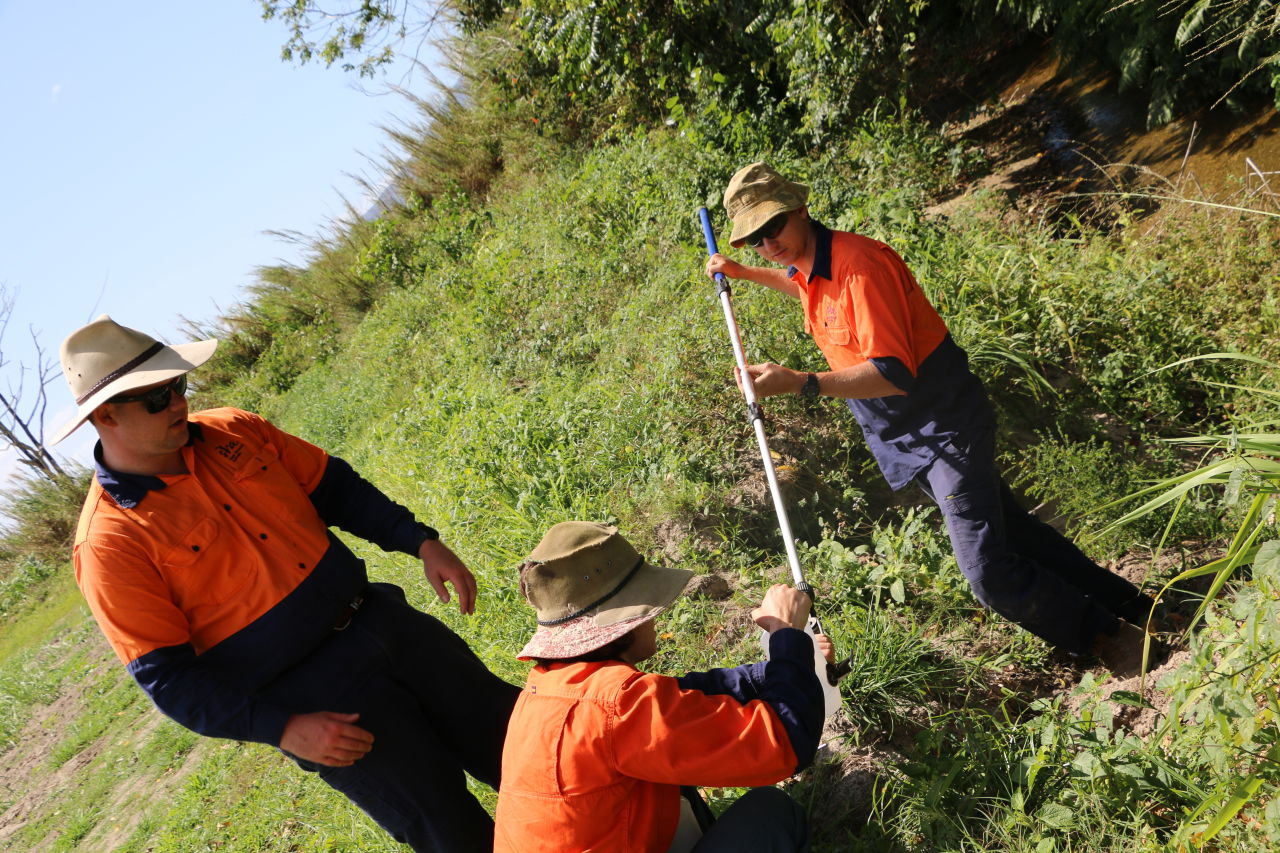
Sugar Research Australia
Managing coral-eating starfish outbreaks
Crown-of-thorns starfish, or COTS, are one of the greatest threats to our Reef and a leading cause of coral loss over the past 40 years. When an outbreak occurs, the starfish can strip reefs of 90% of living coral tissue.
Our Reef is experiencing its fourth major COTS outbreak since the 1960s. With our partners, we are managing the current outbreak using a targeted COTS Control Program, the largest intervention program happening right now on the Reef. More than 100 trained divers are working across the Reef to inject starfish with bile salt (made in the liver of oxen) or vinegar. This kills the starfish but doesn’t harm the surrounding ecosystem.
Deciding where and how to control COTS outbreaks is key. With our partners, we’re advancing the technology that helps us decide when and where to intervene to best protect coral reefs, ensuring every decision is impactful and effective.
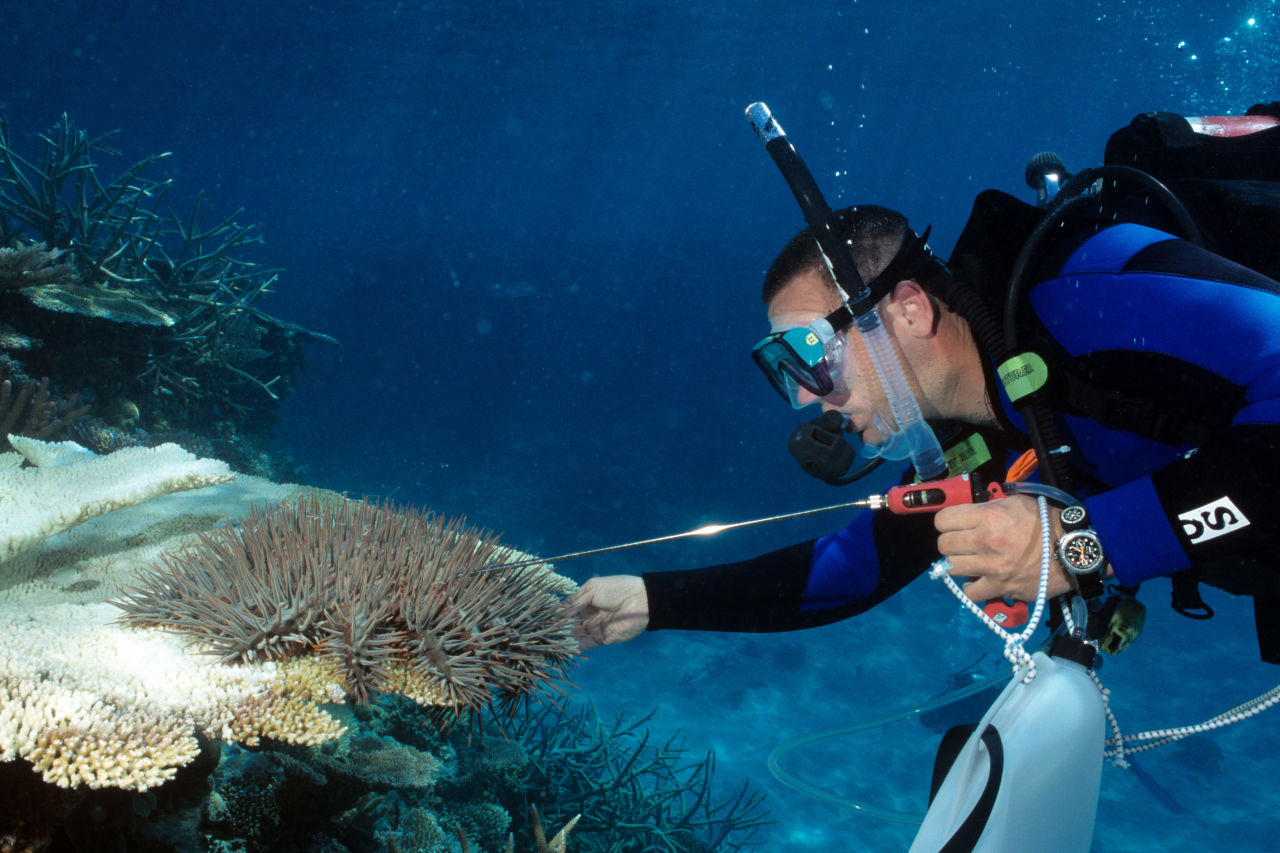
Great Barrier Reef Marine Park Authority
Restoring critical island habitats and saving vulnerable species
We have pioneered the largest reef habitat rehabilitation project of its kind in the Southern Hemisphere – bringing together Traditional Owners, scientists, local tourism leaders, governments and the community to protect and restore critical island habitats.
We’ve already increased critical turtle nesting habitat on Lady Elliot Island by 125% and we’re starting work at our newest sites in the Whitsundays and Avoid Island.
We’re already making an impact, but there is a lot more work to be done. You can help us by taking action to save the Reef here.
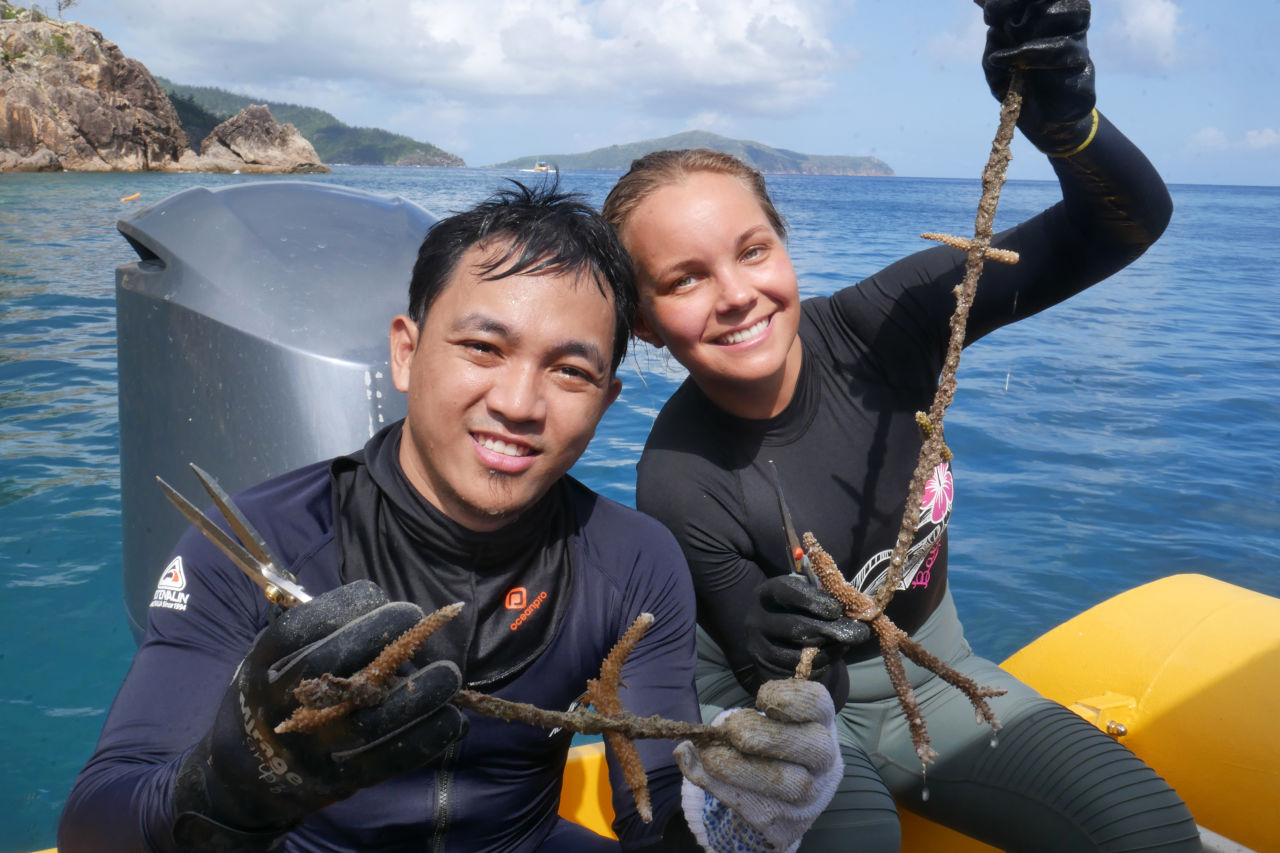
Reef Ecologic
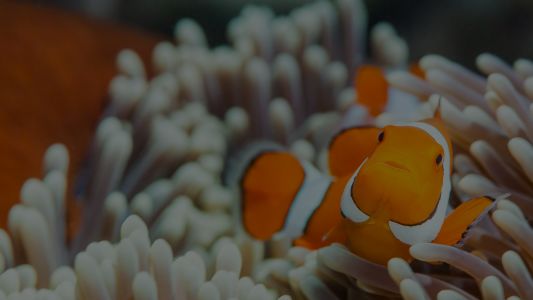
#Donate
Your support can help save endangered marine species, find solutions to major threats facing our Reef like coral bleaching and crown-of-thorns starfish and enable vital research that helps managers protect our Reef.




